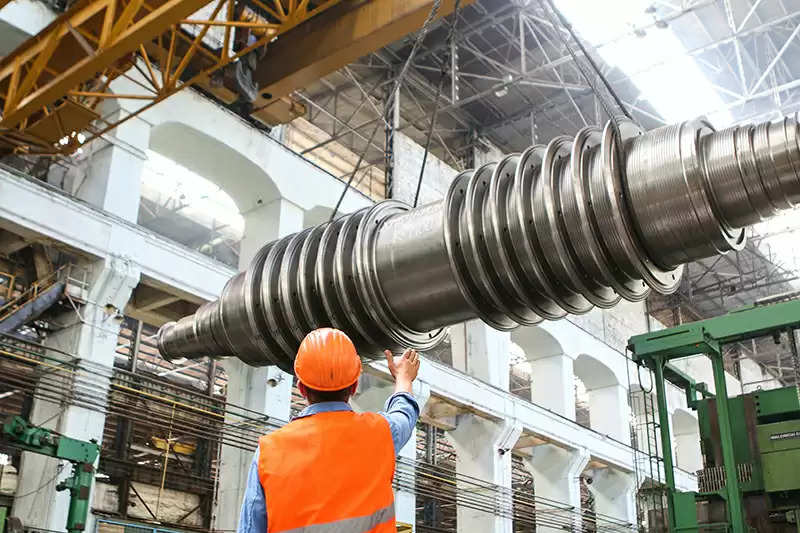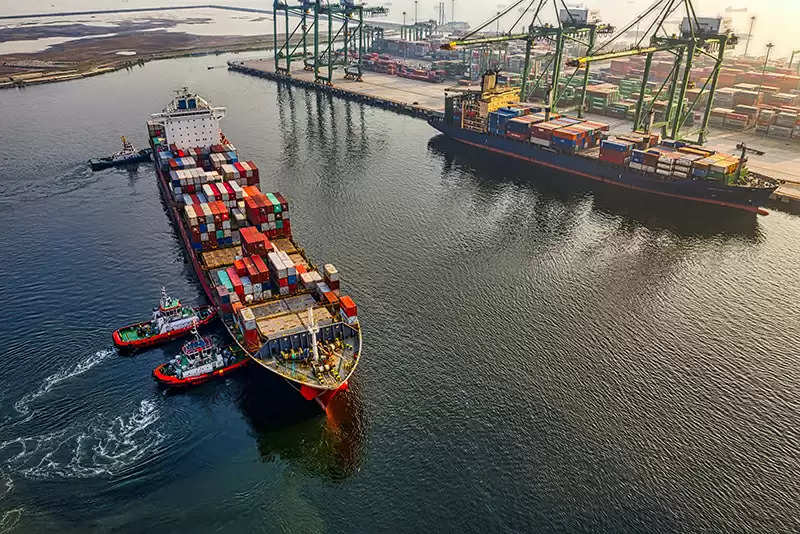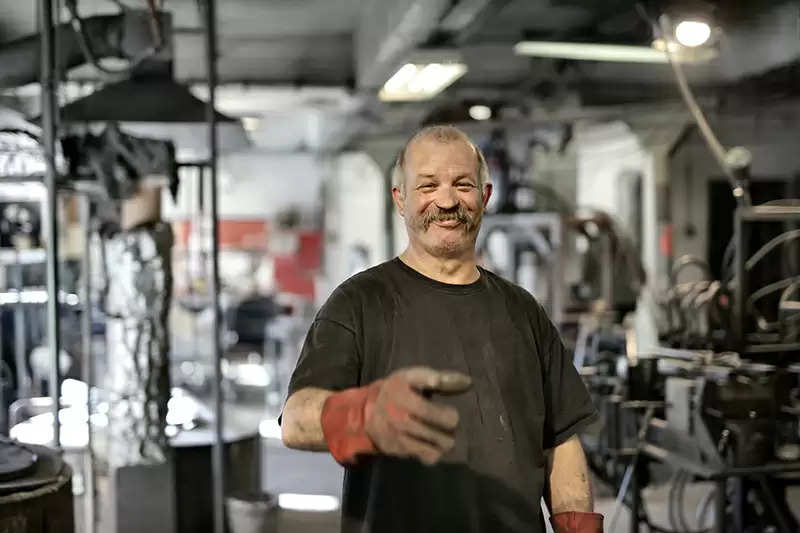Dubai Alters Industrial Landscape, Logs into Factories of the Future
Sweaty faces, grease-stained uniforms, metal clanking, the never-ending grinding, groaning and creaking of machines and loading and unloading activities adding to the general din, visualisation of a factory can never be complete without these scenes. The United Arab Emirates (UAE), however, is determined to change the conventional ideas of the manufacturing process through the use of emerging technologies for better industrial output and steady economic progress.

Modern approach is needed to tackle modern-day challenges, is the subtle message that comes from H.E. Dr. Sultan Al Jaber, the UAE Minister of Industry and Advanced Technology (MoIAT) when he says there is a need to reinforce industrial capacity, strengthen supply chains and control and reduce costs to recover from pandemic-like situations. The solution that Al Jaber puts forth is simple: harness new-age technologies and boost cross-border collaboration.
That is the crux of the Fourth Industrial Revolution (4IR) recently announced by the ministry headed by H.E Sultan Al Jaber expanding the scope of manufacturing practices by extensively deploying innovative ideas and emerging technologies towards adding greater economic value. That Dubai, the epicentre of all disrupting technologies in the MENA Region, would play a crucial role in the transformation of the country’s manufacturing sector goes without saying.

The 4IR is a key pillar of the UAE’s Operation 300Bn whose goal is to increase the manufacturing sector’s contribution to the national GDP to Dh.25 billion in the next 10 years by enhancing industrial productivity by 30 per cent. Lauding the initiative taken by his counterpart, the UAE Minister of Economy, Abdulla bin Touq Al Marri, points out that the country is spawning an era of innovative ideas that impel knowledge-based economy through future legislation.
So, not surprising, much of the discussions taking place in Dubai centre around strategic investing in artificial intelligence ((AI), robotics, big data, machine learning and alternative energy sources. “We are targeting sectors like energy, plastics, chemicals, metals, heavy manufacturing, healthcare, electrical equipment, agri-tech, advanced manufacturing and space,” notes Al Jaber.

There is no doubt the UAE is resorting to extraordinary measures to diversify its economy deriving its strength from Dubai which emphasises on sustainable production practices leveraging new-age technologies. This is further reinforced by Dubai Industrial City Managing Director Saud Abu Al-Shawareb. “With more than 250 operational factories, we make heavy contributions to the country’s GDP and revenue,” he notes.
Al-Shawareb is confident of tapping into Operation 300Bn initiative since Dubai has the infrastructure to host a greater number of international factories and the determination to ensure increased foreign direct investment (FDI) flow. Fighting the image of the UAE as an importing country, Al-Shawareb cites a report that indicates the country earned AED 167 billion through exports in 2020. “We are no longer an importing country,” he asserts.
DIC, according to him, is also supporting the sustainability vision ingrained in the Operation 300Bn using innovative production lines, increasing product quality, reducing raw-material and finished goods wastage. “Sustainability and quality remains our core which is why the Made in UAE product label is able to tick most stringent requirements of the European and US markets and I am delighted that Dubai is contributing positively to achieve the country’s collective vision,” beams Al-Shawareb.
That explains how different stakeholders in the UAE are working in tandem to realise the goals of Operation 300Bn and Dubai, no doubt, is providing the perfect cradle for the birth and growth of the factories of the future without much ado.
Disclaimer: This article is a part of featured content series on Business in Dubai

